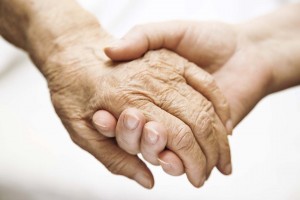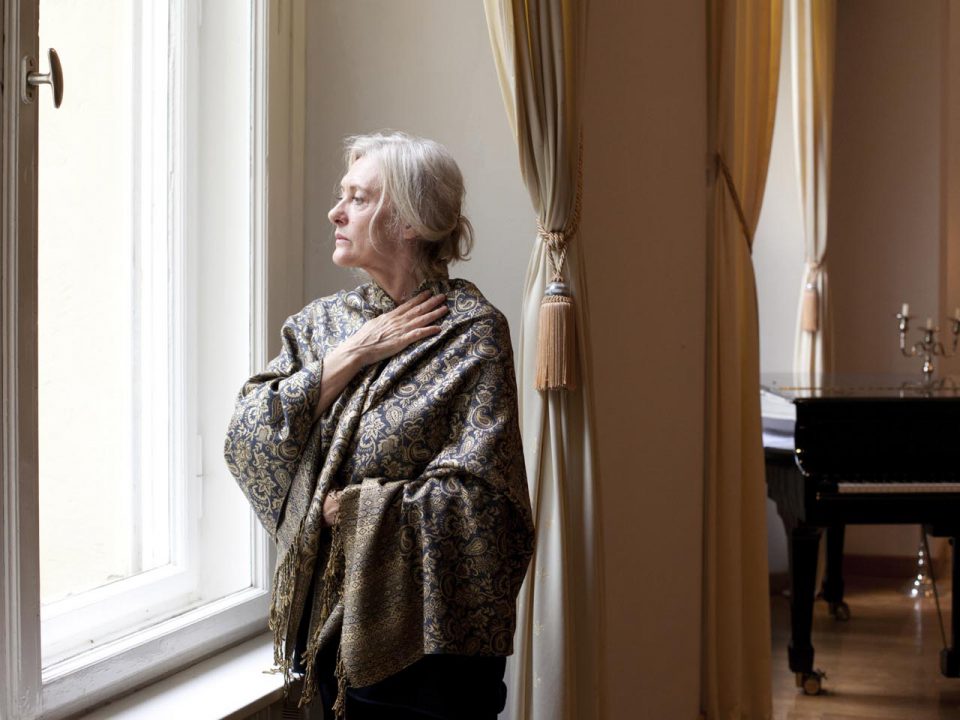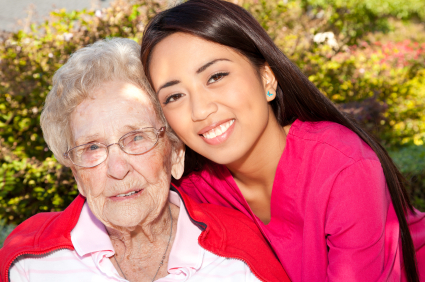Home Care Blog
Alzheimer’s Disease in Men vs. Women
 There is no denying that Alzheimer’s disease knows no borders, with an estimated 5.4 Americans affected by the disease and approximately 35.6 million worldwide sufferers of some form of dementia. Though the disease may not care about geography, it may be biased when it comes to gender. Out of the 5.4 million Americans who have fallen victim, 3.4 million are women according to the 2011 Alzheimer’s Association’s report, equaling 62%.
There is no denying that Alzheimer’s disease knows no borders, with an estimated 5.4 Americans affected by the disease and approximately 35.6 million worldwide sufferers of some form of dementia. Though the disease may not care about geography, it may be biased when it comes to gender. Out of the 5.4 million Americans who have fallen victim, 3.4 million are women according to the 2011 Alzheimer’s Association’s report, equaling 62%.
The main reason for this staggering statistic is that women simply tend to live longer. Age is the biggest factor when it comes to the likelihood of developing the disease. After the age of 65, the chances of developing Alzheimer’s disease or some other form of dementia increases greatly as the years go on. If there are more women who live into their 70’s and 80’s than men, then the data will reflect that.
Gender also affects how Alzheimer’s develops and presents itself. Men with Alzheimer’s disease tend to be more aggressive as the disease progresses. They often perform socially inappropriate actions. Males also wander more. Women are more withdrawn and exhibit emotional outbursts. They may cry or laugh when it is not fitting for the situation. Additionally, they are more susceptible to depression.
Not only does Alzheimer’s disease occur in more women than men, but it has also been shown in recent studies to cause mental deterioration more quickly in females. When given mental skill and verbal tests, males consistently preformed better, even in areas where women typically outrank men. Reasons are unclear, but female hormones, like estrogen, could be a link.
From a different perspective, dementia and Alzheimer’s disease affect women in another way. The majority of primary caregivers of patients with the disease are women and the burden often falls upon them to take care of their husbands or parents. While we are not currently able to find a cure for Alzheimer’s we can help this particular group of women. MAS Home Care can provide New Hampshire Alzheimer’s care to individuals in the privacy of their home. Clients receive superior care and family members get a little pressure lifted off their shoulders. New Hampshire dementia care can be a positive experience when handled by warm hearted individuals with a vast knowledge of the subject.
Don’t wait until the disease has become unmanageable. If you think you are experiencing signs of dementia, or are caring for someone with Alzheimer’s disease, call MAS Home Care for a gentle hand throughout the whole process.


